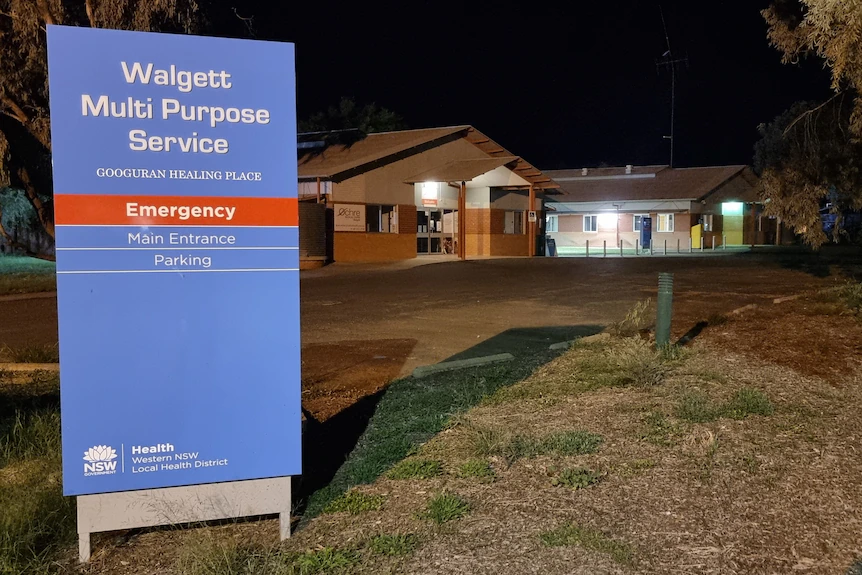Alliance wants Budget to fix Rural Health “market failure”
Luke Williams
09 May 2023, 7:40 AM
 Budget is a chance to rehabilitate rural health
Budget is a chance to rehabilitate rural healthThe National Rural Health Alliance (the Alliance) is awaiting a Federal Budget that it hopes "corrects market failure of healthcare access" in rural Australian communities.
The Alliance is the peak body for rural and remote health in Australia, representing 45 members.
In its pre-budget submission to the Federal Government, the alliance says that the whole Rural Australia “is not only home to more than seven million Australians” but also contributes the majority of the nation’s economic worth, with around two-thirds of Australia's export earnings coming from regional industrie
However the alliance points out that "people living in rural Australia have poorer access to health services than other Australians”.
“Per capita, rural areas have up to 50 percent fewer health providers than major cities. As a result, Australians living in rural areas have, on average, shorter lives, higher levels of disease and injury and poorer access to and use of health services, compared with people living in metropolitan areas” it said.
While the Alliance said it was encouraged by the announcement of significant Strengthening Medicare measures, it is urging the Government to announce specific measures in the upcoming 2023–24 Federal Budget to improve healthcare equity and access for Australia’s rural population.
“Rural communities are the economic powerhouse of the country. They have kept Australia out of two financial crises and lessened the negative economic impact of COVID-19 on the nation,” Alliance Chief Executive Susanne Tegen.
The Alliance is proposing a model called Primary care Rural Integrated Multidisciplinary Health Services (PRIM-HS) , “a co-designed model to address rural workforce shortages and meet local primary care needs” where “markets are failing.
This model it says, would supplement the current Medicare Benefits Schedule (MBS) which it says “rewards high-volume, singlehealth-issue patients. But it does not provide enough access or support for patients of smaller rural general practices without a critical volume of patients, where those patients cannot make a co-payment”.
The submission contends that this employment model makes it easier for “health practitioners to take up a rural position, knowing they can focus on their professional practice without the stress of establishing, purchasing or running a practice in a thin or failed market”.
“There are community-based primary healthcare organisations that are at risk of closing but are shovel-ready to implement the PRIM-HS model” Tegen said.
“The model takes a community-led approach to ensuring multidisciplinary health care, equitable pay, career mobility and support to deliver appropriate health care that addresses regional challenges, rather than simply applying an urban model.

Image: ABC News.
“It is time that rural communities receive the health services they deserve and need,” she said.
The Alliance also seeks a commitment to a National Rural Health Strategy and Implementation Plan to enable performance benchmarking.
“We recommend improved data analysis, reporting and publication of measures related to health outcomes she said.
“Australians living in rural areas have shorter lives, higher levels of disease and injury and poorer access to and use of health services. The more geographically isolated they are, the greater the inequity in healthcare access they face. They are also impacted by natural disasters and turbulent global markets to a greater degree than their urban counterparts. However, they continue to make an enormous contribution to the nation’s prosperity and wellbeing.”
In their pre-budget submission the Rural Doctors Association called for the government to provide 150 more Full Time Equivalent prevocational medical positions in rural areas and to establish a housing program to support critical workforce recruitment and retention in rural and remote communities
Chief executive Peta Rutherford said Labor’s commitment to $750 million to strengthen Medicare in its October mini budget was welcome, but it should address how and where that money is being spent.




